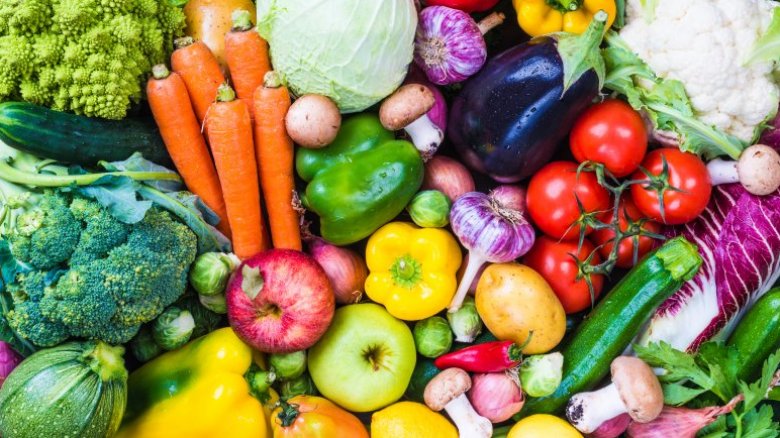Why drinking water helps fight obesity?
Headlining news, the prime minister has unveiled a strategy amid growing evidence of a link between obesity and an increased risk from Covid-19. Government statistics showed that nearly 8% of critically ill patients in intensive care units with the virus have been morbidly obese, compared with 2.9% of the general population.
By making healthier choices and eating a balanced diet you can reduce your calorie intake and reduce the threat of obesity. Make sure you have plenty of fruit and vegetables in your shopping basket so that if hunger strikes you can easily grab a healthy snack.
Health Secretary Matt Hancock has said: "This deadly virus has given us a wake-up call about the need to tackle the stark inequalities in our nation's health, and obesity is an urgent example of this.
"If everyone who is overweight lost five pounds it could save the NHS more than £100 million over the next five years. And, more importantly, given the link between obesity and coronavirus, losing weight could be life-saving. Obesity is one of the greatest long-term health challenges that we face as a country."
Already children's exposure to high fat, salt, and sugar adverts on TV has fallen by 70% over the last 15 years or so, but there's been no change to obesity.
The government measures announced include targeting unhealthy ‘BOGOF’ adverts; a national campaign to help people lose weight and eat more healthily after the "wake-up call" of coronavirus; a consultation on whether to stop fast food adverts online altogether; a review of traffic light labelling on food and drinks sold in shops; a consultation on making calories labelling on alcohol drinks mandatory; and incentives for GPs to tackle excess weight, including the use of apps and exercise-on-referral.
Replace sugary, fizzy drinks with water
Unlike the low-fat diet of yesteryear, the sugar-free one is principally low in starchy, easily digestible carbs but packed full of disease-fighting vitamins and flavonoids. With its roots in a Mediterranean style of cooking, a sugar-free way of eating is derived from the habits of people living in the Med and can be applied to a wide range of cuisines from Chinese to Indian to Mexican. For this reason, people find it easier to stick to (unlike the low-fat one) because it’s easy and enjoyable – and affordable.
Whether you are going the whole hog and following a strict sugar-free diet for stable blood levels and weight loss or just cutting out refined sugars as found in cakes, biscuits, tomato sauce, and fizzy drinks; the wellbeing benefits are numerous.
Just following these key principles for low carb Mediterranean-style eating with watching your portion sizes and enjoying an increased exercise regime, for a healthier lifestyle!
- Minimise or avoid the white carbs - bread, pasta, potato, rice, and processed cereals.
- Drink more water and cut out refined sugar, sugary drinks, and desserts, and be careful about your intake of false sweeteners, too.
- Eat more veg! Make sure veg makes up half your plate
- Have some fruit but just a couple of portions per day.
- Eat plenty of high-quality proteins found in meat, oily fish, eggs, and seafood.
- Enjoy your dairy products and the healthy fats and oils, such as olive oil, yoghurt, nuts, avocados,
- Use vinegar in your cooking! It’s a powerful ingredient linked to weight loss, suppressing appetite and maintaining healthier blood sugar levels.

Refill revolution helps fight obesity
A top tip is to remember to increase your water intake to reduce the effect of calorie cutting such as tiredness and headaches and replace sugary pop. If you feel hungry try drinking a glass of chilled and filtered water or a cup of herbal tea by making better beverage choices – often hunger feelings are really signs of dehydration!
Filtered and chilled water from a plumbed in water cooler or drinking water fountain or installing a multi-use KettleTap(boiling and cold) tastes great and therefore helps you to drink the recommended daily quota! Add fresh fruit, mint, and ice to jazz it up!
Keep a reusable bottle handy at your desk or in your bag and keep it topped up. Refill and reuse save on single-use plastic bottles entering landfill and polluting the environment. Our chilled and filtered drinking water coolers and fountains help reduce plastic waste and keep your team properly hydrated and feeling fuller for longer. Plus, if you increase your exercise regime you will need to drink more water to rehydrate and replace lost fluids.






